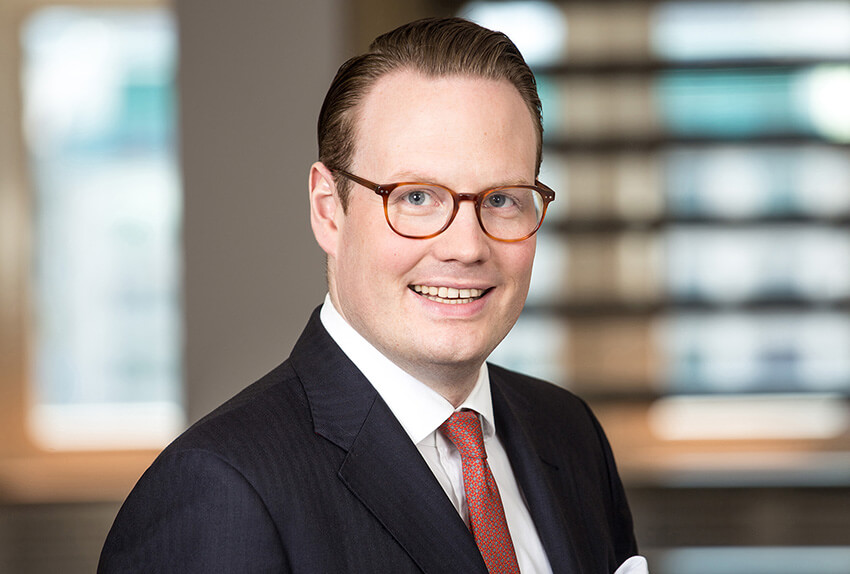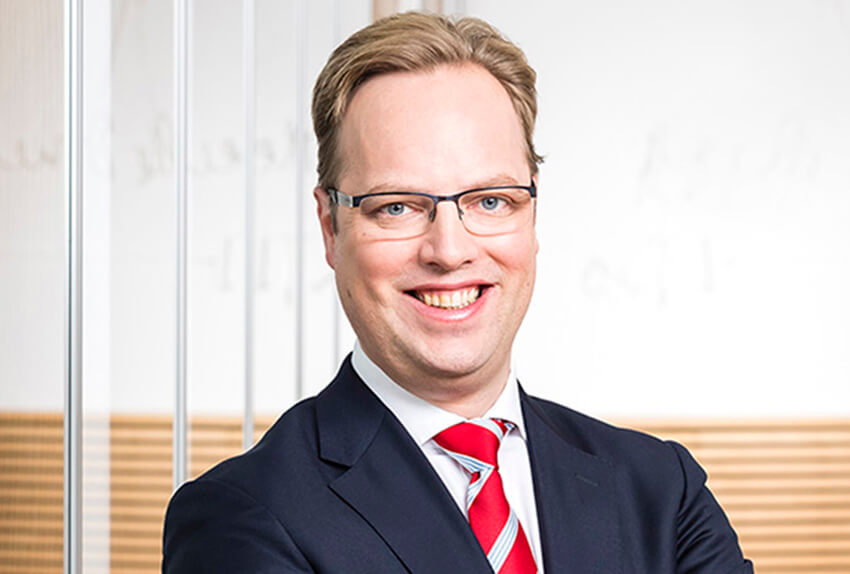The last few months’ trade journals have been full of breaking news about the conclusion of Power Purchase Agreements between greenfield solar projects and corporate and utility off-takers. Already well established in southern European markets, “subsidy-free” solar projects appear to have finally reached Germany.
Behind the news around “subsidy-free” and “grid parity” solar projects, lies the development in Germany of a market allowing the implementation and operation of solar projects focussed purely on the sale of energy to market, without any subsidies based on the Renewable Energy Act (Erneuerbare Energien Gesetz or EEG).
Decreasing module prices, increasing power prices and positive energy market forecasts, as well as the availability of long-term power purchase agreements (PPAs) from corporate off-takers and utilities, have resulted in an environment where subsidy-free solar projects are now economically viable in a variety of locations across Germany.
Against this background, this client briefing examines the German legal framework for “subsidy-free solar” and highlights the most important points regarding the development, financing of and investment in “subsidy-free” solar projects.
Regulatory environment
The existing regulatory environment under the EEG already provides for renewable energy projects that opt not to benefit from the market-premium system (though all its other beneficiary provisions still apply). Thus, grid operators are still obliged to (i) prioritise the grid connection of such projects, (ii) physically take off all energy produced by them and (iii) expand the capacity of the grid (if required) to accommodate the feed-in of such projects. In addition, such projects will still benefit from the hardship provision in the EEG’s section 15, according to which grid operators are obliged to compensate projects for 95- 100% of revenue losses due to curtailment measures.
Permitting and planning
As a rule, solar projects require a building permit in accordance with both the Federal Building Code (Baugesetzbuch) and the relevant federal state’s building code.
Whether a building permit(s) is granted turns on the facts and circumstances of each case and, in large, depends on the planning status of the proposed site. Where the proposed site is not subject to any local authority “development plan” providing for the development of solar plants (which is potentially the case for a majority of proposed subsidy-free solar plant development areas), developers will be required to apply for a project-based development plan (Vorhabenbezogener Bebauungsplan). In addition to the preparation and submission of an environmental assessment (Umweltverträglichkeitsprüfung), the procedure to apply for a project-based development plan requires developers to approach the relevant authorities at an early stage.
Therefore, as planning and permitting procedures are often the most time-consuming parts of a project, early engagement is essential. Developers must quickly ascertain the planning position of their proposed development site, with discussions with the relevant authorities commencing as soon as possible.
Availability of long-term PPAs
Developments over the last few months have shown that a wide variety of corporate and utility off-takers are willing to conclude long-term (pay-as-produced) PPAs with German renewable projects. According to press and market intelligence, it seems that several major utilities and energy traders are now offering standardised PPAs with fixed price periods of up to ten years.
An additional sign that utilities and energy traders are entering the market is that the European Federation of Energy Traders has issued a standard corporate power purchase agreement (CPPA) in addition to its standard wholesale agreements relating to power and natural gas.
Availability of project finance
Finally, long-term project finance at competitive interest rates from various banks is now available in the German project finance market for PPA projects. It therefore seems that in the current German market environment, individual banks are even willing to accept, in certain cases, a merchant tail-end with fixed price periods only covering a part of the overall term of the loan.
WFW and PPAs
WFW has dedicated various workshops and events to the contractual arrangements and key issues relating to PPAs, which can be found on our website here. We also recently published a study on “The Future of Renewable Energy: Renewable Power Generation, Merchant Risk and the Growth of Corporate PPAs” which can be accessed here.





